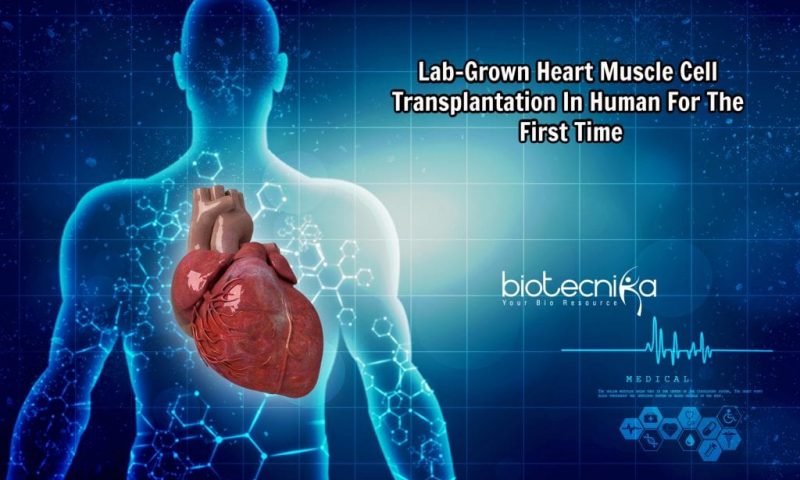Lab-Grown Muscle Cell Transplantation In Humans For The First Time
Japan’s Osaka University researchers announced the successful transplantation of lab-grown heart muscles on Monday.
They placed degradable sheets containing heart muscles on to the damaged areas of the heart instead of replacing the patient’s heart with an entirely new organ. This could eventually eliminate the need for entire heart transplants if it has the desired effects.
The heart muscles were grown from the induced pluripotent stem (iPS) cells. Induced pluripotent stem (iPS) cells are cells collected from skin or blood and then reprogrammed back into their embryonic-like pluripotent state. Induced pluripotent stem (IPS) cells are now widely used by the researchers for various purposes including 3-D printing human organs.
Researchers can persuade these induced pluripotent stem cells to become any kind of cell. Japanese researchers induced the IPS cells to become heart muscle cells and then placed them on the degradable sheets.
The lab-grown muscle cells were transplanted to a patient who was suffering from ischemic cardiomyopathy, a condition where the heart muscles don’t receive enough blood and as a result heart pumping is affected.
A heart transplant is usually required in severe cases. But the muscle cells on the sheet are expected to secrete a protein that would help in regenerating blood vessels, thereby improving the heart condition.
The patient is now recovering in the hospital and will be monitored for a year. The researchers plan to conduct the same procedure in ten more patients suffering from the same condition within the next three years.
If successful, the procedure can be an alternative to heart transplants. It is much easier to get the iPS cells than finding a suitable donor and the immune system is much tolerant to cells than a new organ.
Researcher Yoshiki Sawa hopes that the lab-grown muscle cell transplantation into the human heart will save many people in the future.

